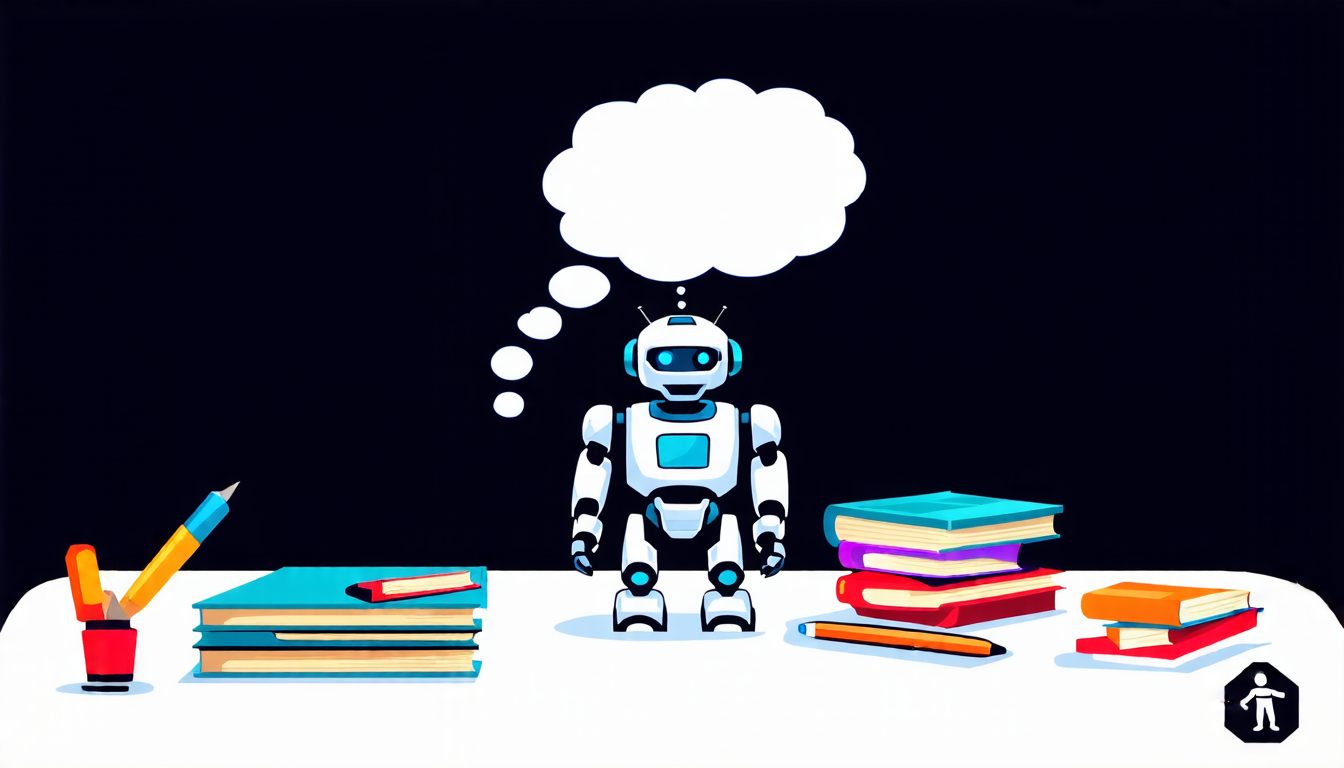Monday 25 August 2025
Scientists have long been fascinated by the ability of humans to learn and adapt, and recently, a new approach has emerged that aims to replicate this process in artificial intelligence (AI). This innovative technique is called MetaAgent, and it has the potential to revolutionize the way AI systems interact with their environment.
At its core, MetaAgent is an agentic paradigm that allows AI models to develop expertise through hands-on practice and continual self-improvement. Unlike traditional AI approaches, which rely on pre-programmed rules or training data, MetaAgent agents start with a basic workflow and adapt as they encounter new situations.
One of the key features of MetaAgent is its ability to generate natural language requests for help when faced with a knowledge gap. These requests are routed to the most suitable external tool by a dedicated tool router, allowing the agent to access a vast array of information sources. As the agent solves tasks and encounters new challenges, it conducts self-reflection and answer verification, distilling actionable experience into concise texts that can be dynamically incorporated into future task contexts.
But what really sets MetaAgent apart is its ability to autonomously build in-house tools and a persistent knowledge base by organizing its tool-use history. This allows the agent to retrieve and integrate relevant information more efficiently over time, effectively creating a personalized learning environment.
The potential applications of MetaAgent are vast and varied. For instance, it could be used to develop intelligent assistants that can learn from user interactions and adapt to individual preferences. It could also enable AI systems to tackle complex problems that require multi-step reasoning or the integration of multiple sources of information.
To test its capabilities, researchers evaluated MetaAgent on several challenging knowledge discovery benchmarks, including GAIA, Web-WalkerQA, and BrowseCamp. The results showed that MetaAgent consistently outperformed workflow-based baselines and matched or exceeded end-to-end trained agents, demonstrating its potential to handle complex tasks with ease.
The development of MetaAgent is a significant step forward in the field of AI research, as it moves beyond traditional approaches and towards more human-like learning and problem-solving capabilities. As scientists continue to refine and expand this technology, we can expect to see even more impressive feats of artificial intelligence in the years to come.
Cite this article: “MetaAgent: A Revolutionary Approach to Artificial Intelligence Learning and Adaptation”, The Science Archive, 2025.
Artificial Intelligence, Metaagent, Agentic Paradigm, Natural Language Requests, Tool Router, Knowledge Discovery, End-To-End Training, Workflow-Based Baselines, Complex Tasks, Human-Like Learning
Reference: Hongjin Qian, Zheng Liu, “MetaAgent: Toward Self-Evolving Agent via Tool Meta-Learning” (2025).







